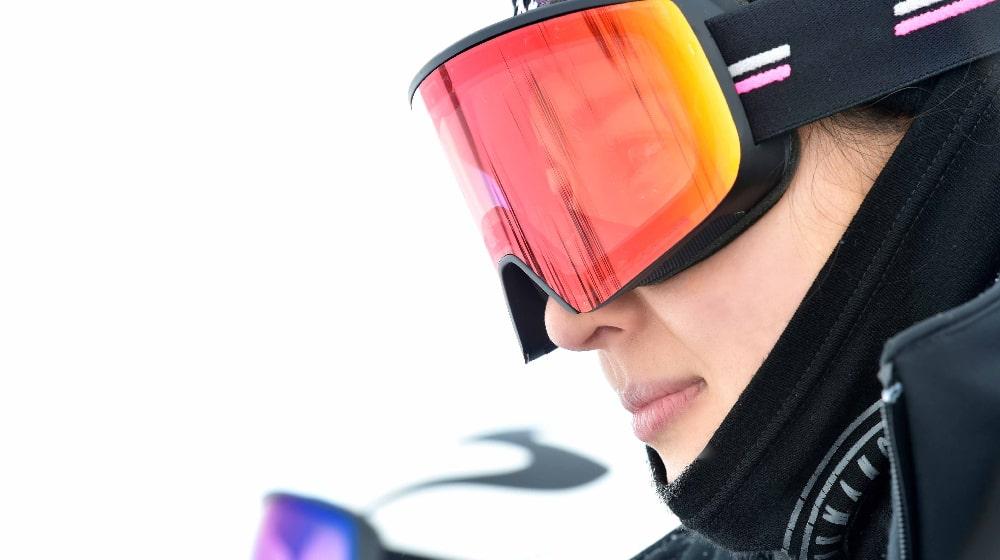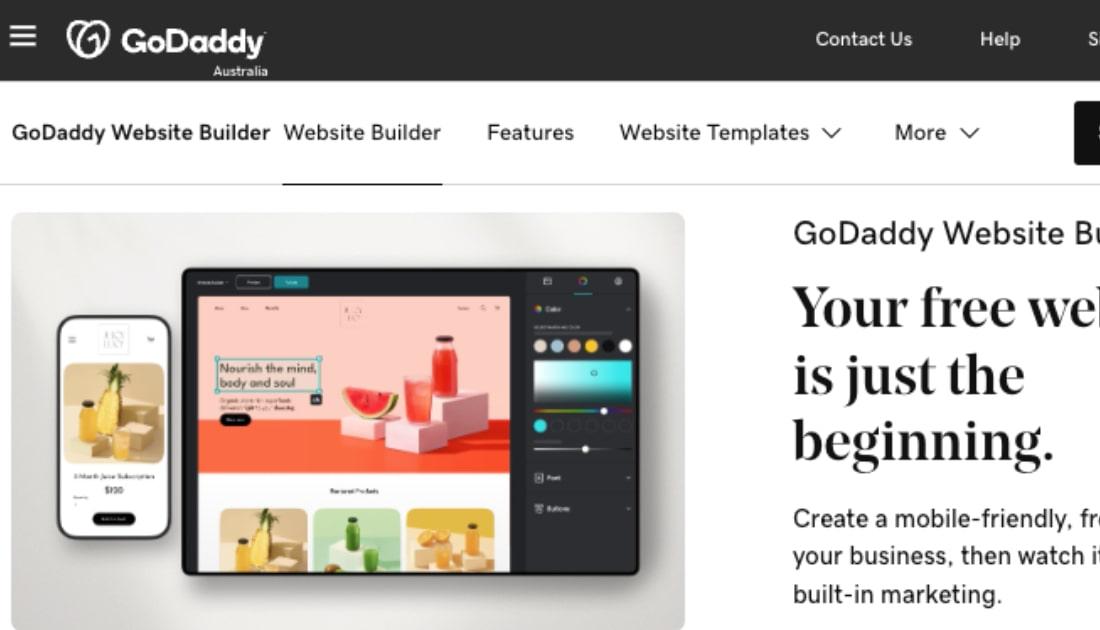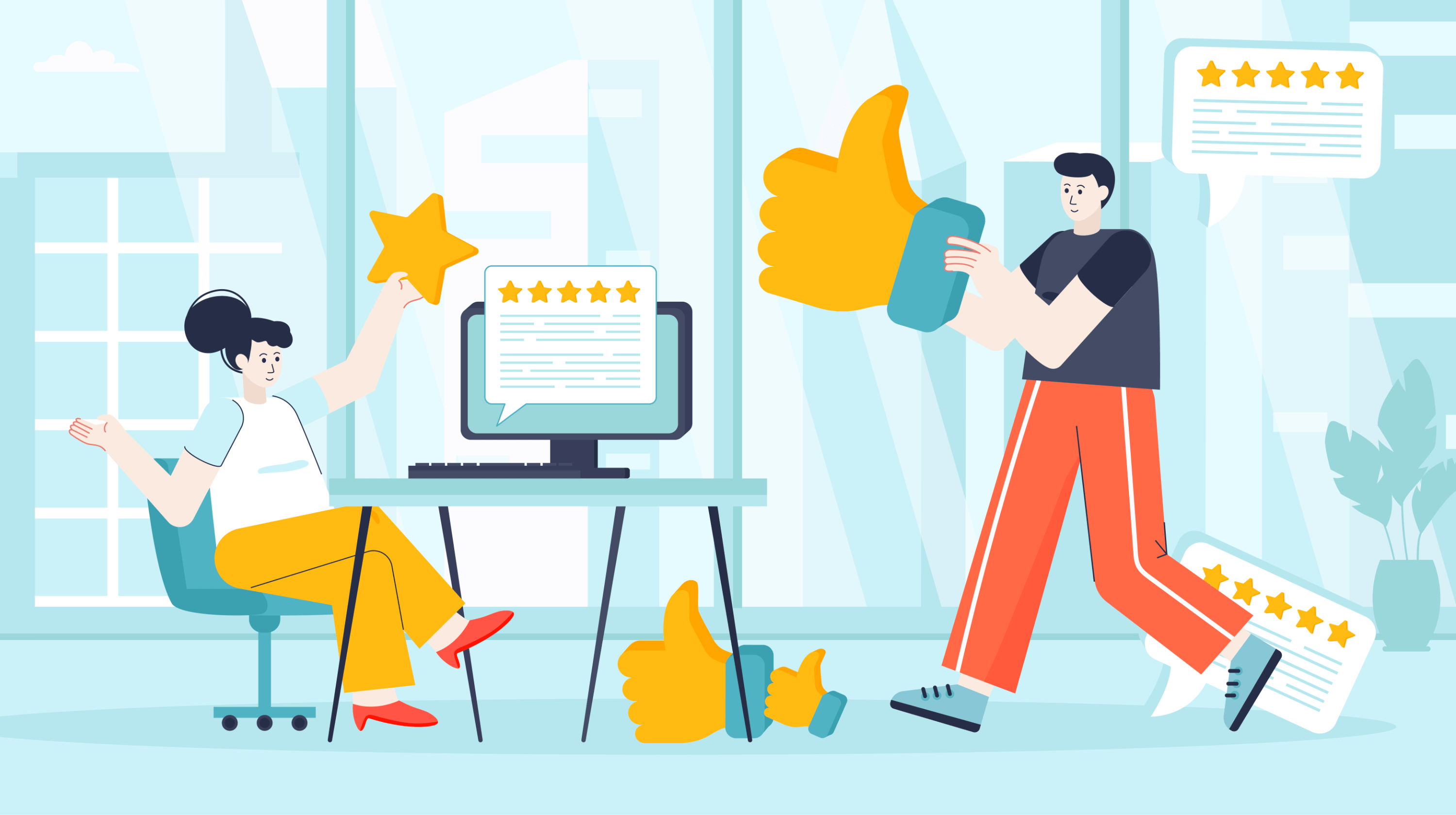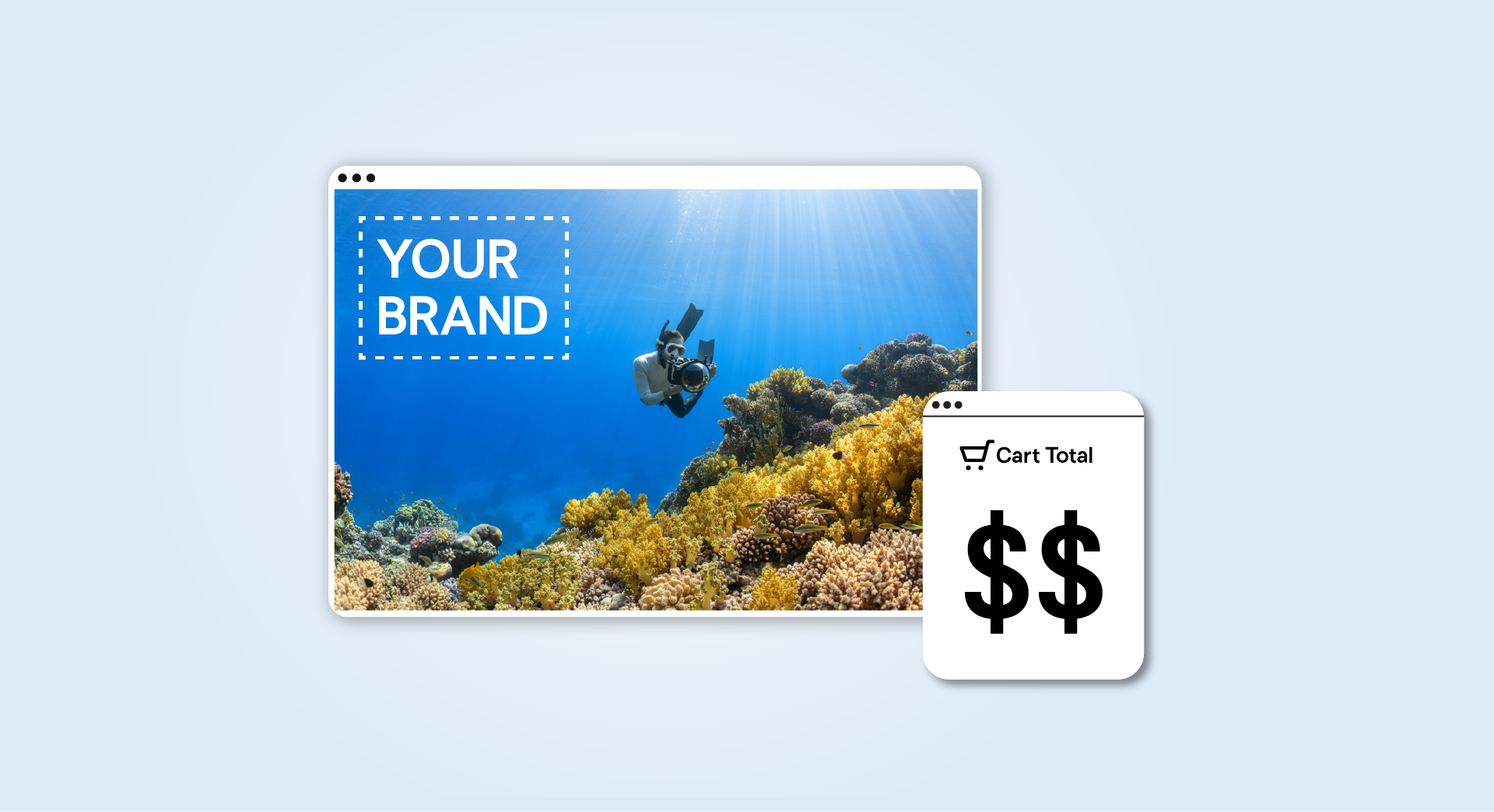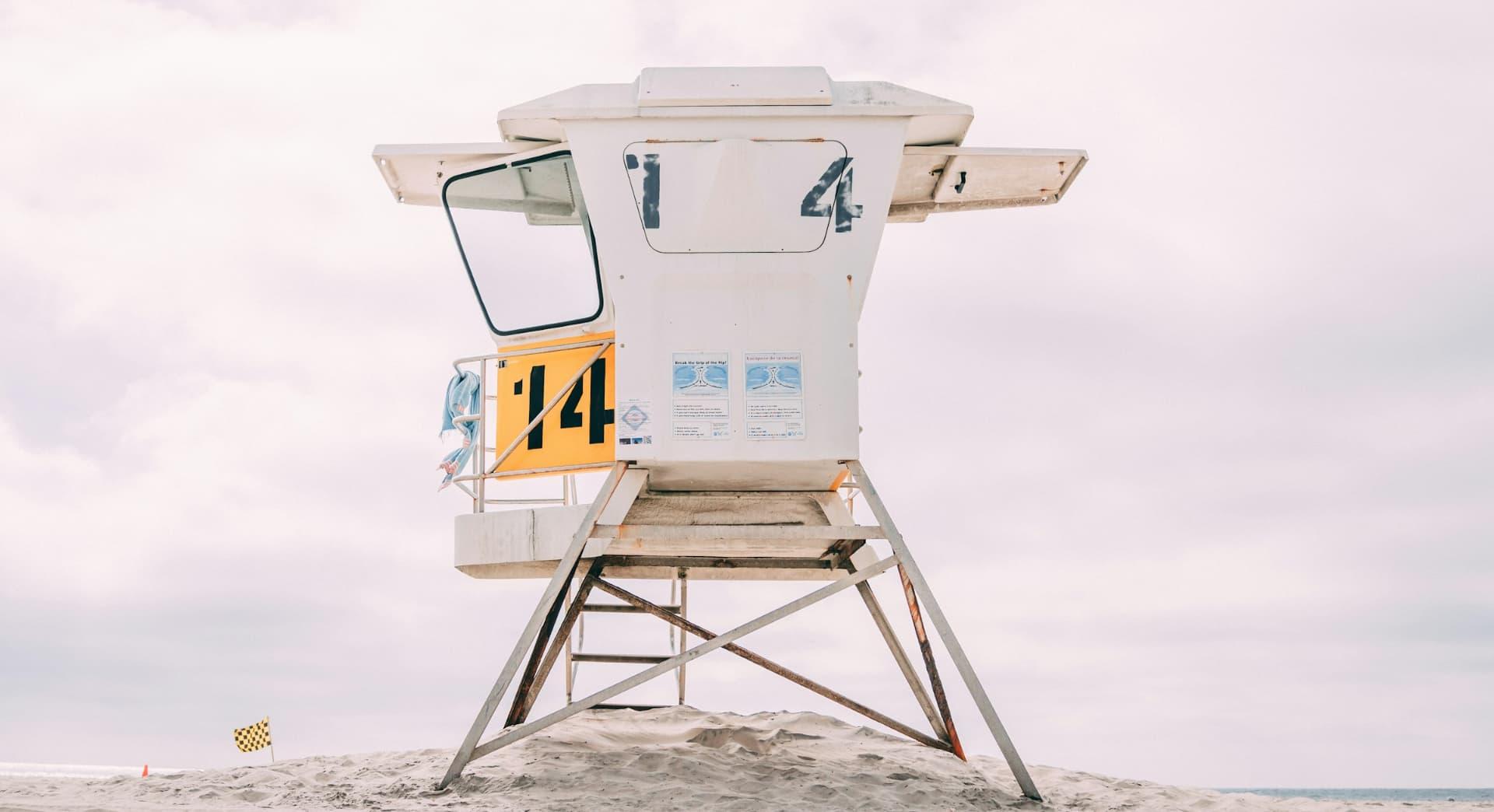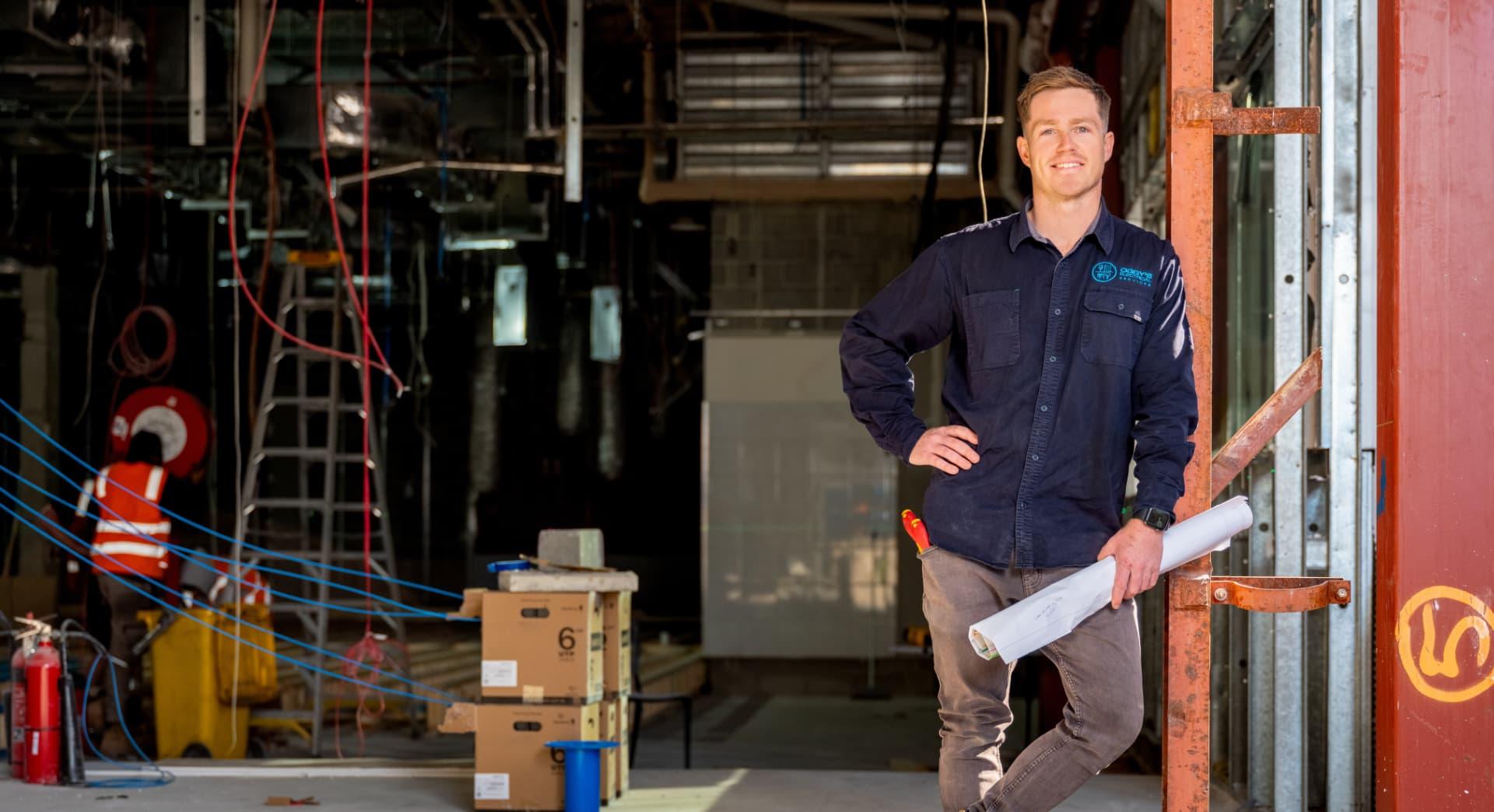As the official Website Builder Partner of the Australian Olympic Team, GoDaddy’s proud to support inspirational Aussie athletes chasing their dreams like snowboarding Olympian and World Champion Belle Brockhoff. This interview was conducted in December 2021 — ahead of the 2022 Beijing Winter Olympics.
GoDaddy: Hi Belle! Thank so much for joining us. You’re home in Melbourne now after a long time overseas competing. How is it being back?
Belle Brockhoff: It’s so nice to be home. It’s been a good reset. I really got to understand the importance of that in 2020 when COVID was first happening.
We’d been away for seven months and couldn’t come back [to Australia] – or we could, but it meant we wouldn’t be able to finish competing in the rest of the tour. This time we could go overseas, qualify, and then come back home. So it’s been great to have that reset and be around family and friends.
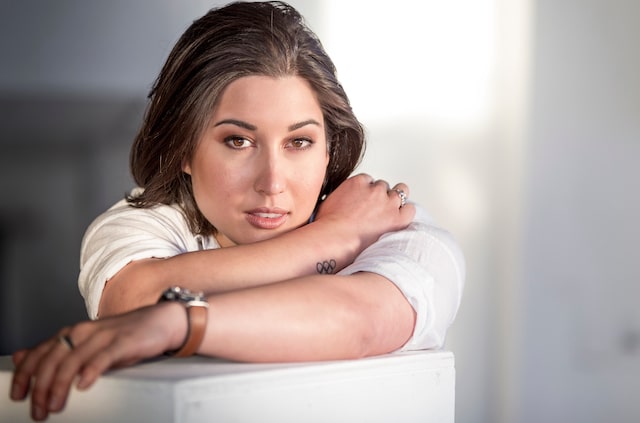
How it all began
GD: You won your first interschool nationals title for snowboarding with just three weeks of experience in the sport when you were 10. Where does your passion and drive come from?
BB: My family has a pretty rich history in winter sports. My uncle Peter Brockhoff went to the Olympic Games in the 1960s, and my great aunt Joyce Brockhoff had a lot to do with skiing and getting women involved in Australia. Mount Hotham actually named a ski run after her which is really cool.
And on my dad’s side, his family were one of the guarantors for the ski lifts in Mount Bulla, so they were given lifetime ski passes there. So, I’ve been on skis since I was three years old.
GD: There’s a bit of friendly rivalry between snowboarding and skiing. What converted you to snowboarding?
BB: I think snowboarding has always been perceived as a rebellious type of sport, and I was quite rebellious as a kid growing up.
I was banned from three daycares [laughs].
But when my mum got a snowboard, I got jealous, and that started it all. She made me a deal saying if I got to the top level of ski-school I could have a snowboard.
She gave me an incentive to work towards, and that’s carried on throughout the rest of my life.
Related: Trusting instincts and chasing gold with Jarryd Hughes
GD: Have you always wanted to compete at such a high level?
BB: I still remember that first day with my snowboard, because when you get something brand-new at that age you need to have it with you all the time. Some athletes have actually slept with their new snowboard.
I didn’t do that [laughs] but it’s a thing. But that same day I decided “I’m going to be the best in the world at snowboarding.” I didn’t know what event in yet, but I knew it would happen.
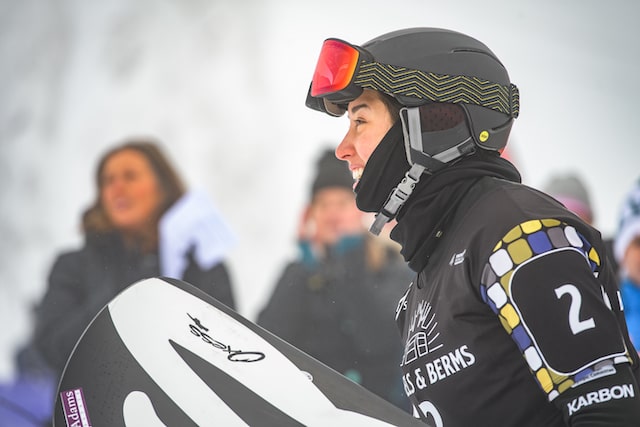
GD: That’s an incredible instinct. What do you like most about snowboarding?
BB: I just really enjoy it. I like going fast. I like the simplicity of it – it’s just a board.
It also gives me a lot of peace as well. It’s like doing meditation.
When you’re snowboarding, you’re not thinking about anything else. Just working to get better.
A series of injuries
GD: It hasn’t all been smooth sailing. You’ve had to overcome serious injury with several operations. Can you tell us a little about that journey?
BB: Over the years, I quickly worked my way up the ranks and eventually got the number one world position — with the yellow bib and everything.
I was coming into the World Championships in 2017 as one of the favourites, but mentally I don’t think I was ready for it. You can’t really train for being number one because it’s such a different ballgame.
If you’re number two or three in a competition, you’ve always got someone to chase and compete against. But when you’re number one, there’s no one really there. You have to figure out how to maintain that position.
I made a mistake just before the World Championships started and injured my knee for the first time. The [Olympic] Games was 11 months out, so I had to make a decision then and there whether I was going to compete.
Of course I wasn’t going to skip the Games — I mean how often do you get to go to the Olympics?!
So I came back [to Australia], did the surgery in March, did very intense rehab – I was doing five rehab sessions a day, seven days a week.
I got back on a snowboard four months later and [my knee] felt really good. I went to the World Cup in France in December, and then I tore my anterior cruciate ligament (ACL)! So that was two months out from the Games, and I watched all this hard work go down the drain.
GD: Wow.
BB: Yep. It was very tough mentally. I had to choose between doing the surgery and skipping the Olympics or competing without an ACL.
I decided to compete without an ACL.
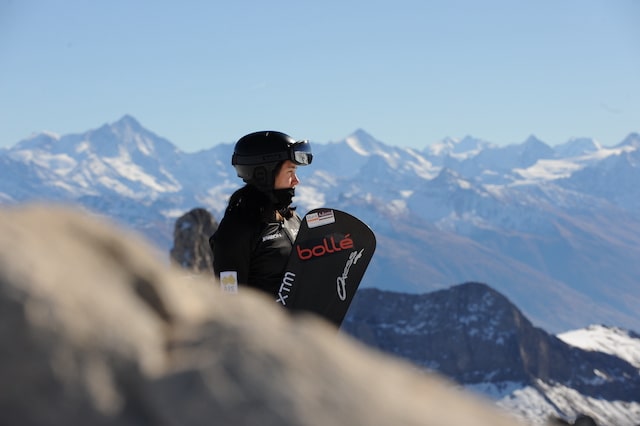
I knew the risks and that I might injure it even more, but I knew I’d regret it more if I didn’t go to the Games.
Before the Olympics, I had to show that I was able to compete, so I went to the World Cup in Germany. I remember feeling scared of crashing because I’d never raced without an ACL. It was new for the coaches too as they hadn’t coached someone without an ACL!
In the end I time-trialed third fastest and I got eighth overall.
GD: That’s incredible! Did you have to train and compete wearing a knee brace?
BB: I had rigid tape, and then I had the big knee brace on top. I couldn't have a fully straight or bent leg because of the knee brace, so it was hard because the full range of movement wasn’t there and that’s really important in snowboarding.
In the lead up to the Olympics, I had two training days with two hours on the track. On the first day, I didn’t get one full run in as I couldn’t move fast enough. I couldn’t get down 75% of the track — I had crash after crash after crash. On one crash, my bindings exploded because I didn’t want to land on my front leg.
On the second day, I had a number of crashes again, so I decided I’ll just figure it out on the race day. And I finally got a full run down the track on race day.
GD: We’ve spoken a lot about your physical recovery, but so much of recovery is mental too. How do you keep fit mentally?
BB: There were multiple times where I wanted to give up and stop doing my sport. With all the rehab, I was in a gym more than I was on my snowboard, and I wanted to snowboard! But to do that you have to be in the gym, so it was a vicious cycle.
The mental side didn't really come back until early 2021.
So from 2017 to 2021, it was a really long time to get back mentally as you lose confidence. It's always scary coming back after an injury, as you’re worried if you’ll do it again (even though I did).
But it’s just about trusting yourself and the process.
And also being really honest with yourself with where you're at and where you're not at. The physical stuff is actually the easiest part (even though it feels like the hardest at the time). The mental stuff came later and that was the hardest part.
Turning the corner
That really came into play in the World Championships in Sweden in 2021, where I really backed myself. I was saying to myself — “I’ve done the work, I’ve worked really hard, I feel like I train harder than anyone else, I put in 110% every day, what is holding me back?”
And it was me! I was holding myself back. I wasn’t backing myself enough. And as soon as I came to that realisation, then that World Championship gold medal came.
Once you reach that point, you have to back it up again to make sure it’s there, but at the following competition I broke my wrist. It’s got a big metal plate in it now. But before that I was a second-and-a-half faster than the other girls at the first turn, so I knew I was back as that usually only ever happens at the end of the course.
A broken bone is nothing compared to an ACL.
So I came back, did the rehab, did a few good runs at Mount Hotham, and it’s just been keeping that consistency and reinforcing that belief in myself.
GD: Lacking confidence is such a common struggle. What helps you to really back yourself?
BB: If you look at successful sports people or any successful person really, they’ve all got goals to hit. And for me, I look at someone and think – why can’t I do that, or why can’t I be better?
It’s having that will and determination to actually go out and do it. Just get started – it doesn’t matter where you get started. You just need to work towards your goals.
Perceived failures are all learning curves if you want them to be. I think a lot of people feel disheartened when they fail, but that’s when you have to push through. You might want to give up, but you can’t. You have to keep going, and just believe in yourself.
No one is going to believe in you more than you, and no one else is going to do it for you. You have to do it for yourself. And that’s the beauty of sport. It’s so cut-throat that if you don’t work hard at things, they’re not going to happen for you. Hard work always over-rides talent any day.
Related: Don’t let imposter syndrome keep you from your passion
GD: Great advice. Some would say you need to be pretty fearless to do what you do. How important is it for you to trust your instincts in sport and life?
BB: It’s important to trust your instincts and back yourself, because as I said no one is going to do that for you.
It’s also that edge that helps you over competitors. They might have the same tools as you or training opportunities, but you might back yourself more than them, and that might be what gets you over the finish line faster.
Whatever field you’re in, the mental game is still the same — you have to:
- Put in the effort
- Work hard
- Do your research
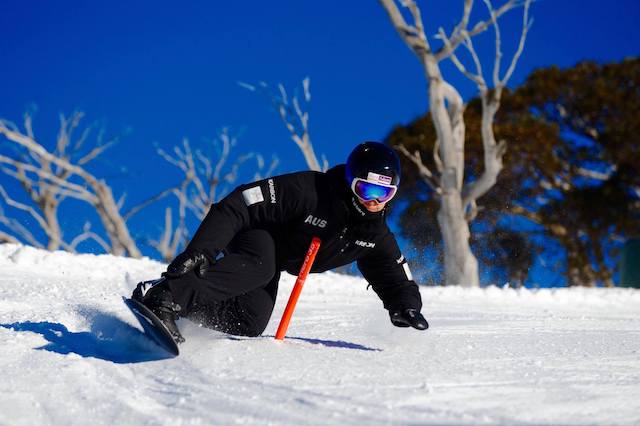
The brain is a muscle that you have to work every day, and that’s how you get the result.
A little exercise I do before each competition, is I look at myself in the mirror and I say that I’m going to win this race. And no one’s going to do better than me because I’m the best athlete.
And it may come across as cocky or arrogant, but that’s my way of reinforcing and producing that confidence.
Now for the personal stuff
GD: Do you have any superstitions?
BB: No, not really. A lot of athletes have a routine before competitions to help with focus. I try and avoid that because my sport is so unpredictable.
You’ve got weather and visibility changes all the time. The snow might be fast or slow, you have different competitors around you. There’re so many things that you can’t control, so I don’t want to be thrown off if I can’t follow a routine.
I just trust that I can do this because I’ve done the work.
Not having a routine shouldn’t bother me.
GD: Who would you say is your biggest supporter?
BB: My mum is my biggest supporter. She’s given my sister and me a lot. She grew up in a third-world country and didn’t really have anything or opportunities. She used her education to get out of the country. So she basically gave everything she didn’t have to my sister and me.
And since then, whatever we decided to do, we knew she’d back us 100%. I know I’m very lucky to have that type of support, and that helps quite a bit, and gives me the confidence to be my best.
GD: What are you passionate about outside snowboarding?
BB: I’ve always loved photography. I enjoy capturing what I see, especially since I travel so much. I get to see so many things that some people won’t get to see in their lifetime, so I want to share that.
It’s just a little hobby that I think is really important to have. I do have a creative side and photography is one of them.
GD: Little side-hustle opportunity perhaps?
BB: It’d be cool to see where my photography goes and selling prints.
I recently started trialing some beanies with my logo on it.
I’ve been chatting to another athlete about it who has experience in this space, so I’m just going through the process and getting it right, so I feel comfortable to launch it.
I like to talk to people that have already launched a business because I can learn from their mistakes [laughs].
I’m also studying a double degree of Commerce and Law at the moment. I don’t know exactly what I’m going to do with it yet, but I think it will help set me up post-sport.
GD: And last but not least – what’s your goal these Olympic Games?
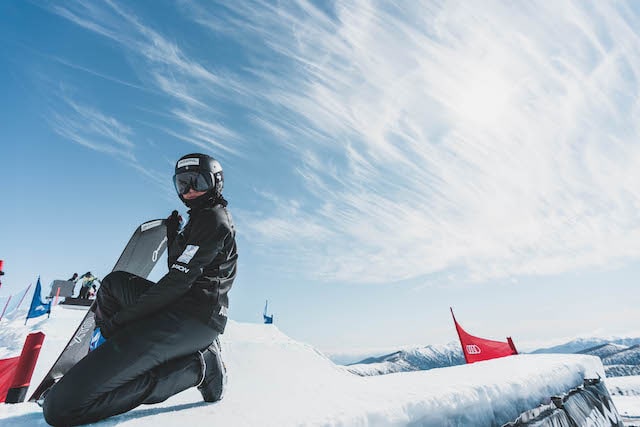
BB: Winning [laughs]. Everyone wants to win gold.
Some people say top five would be great and I disagree. Go for gold.
Go for the top position. Even if you’re not there yet and top five is more achievable, I think you should always just go for it. It pushes you that little bit more and gives you that extra edge. I always go for gold because I believe myself. Even if I have no ACL and I’m riding like a pelican, I’ll try my very best to get there.
